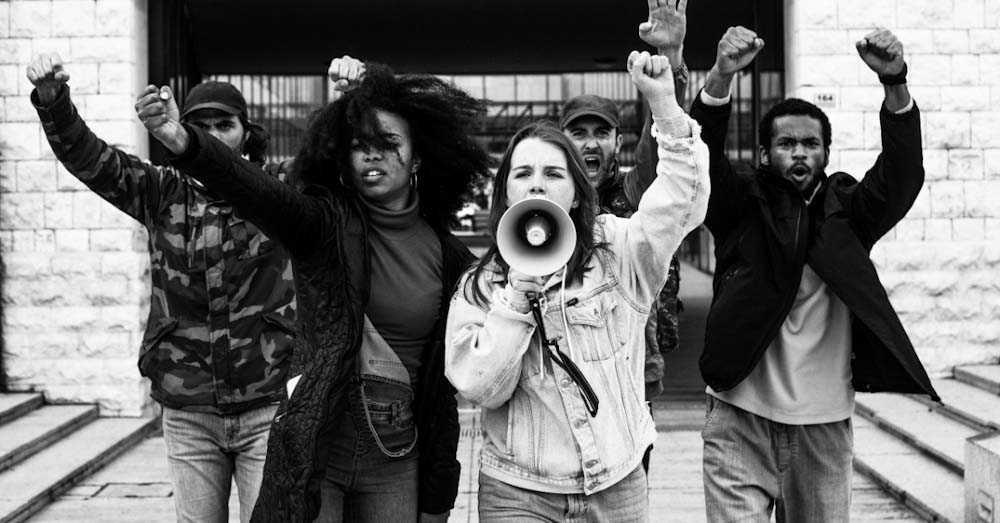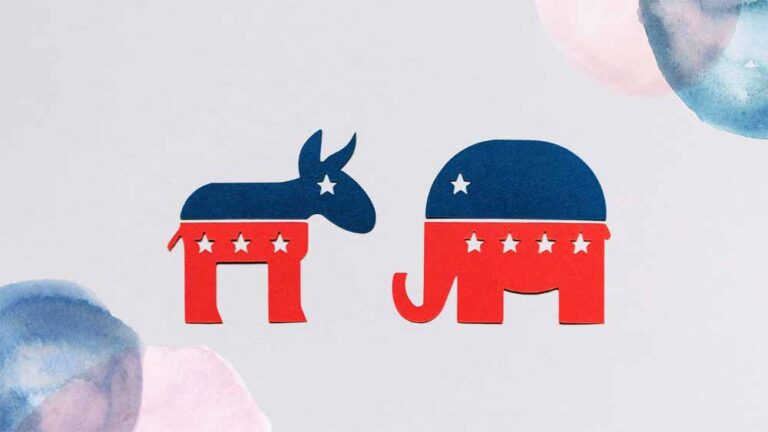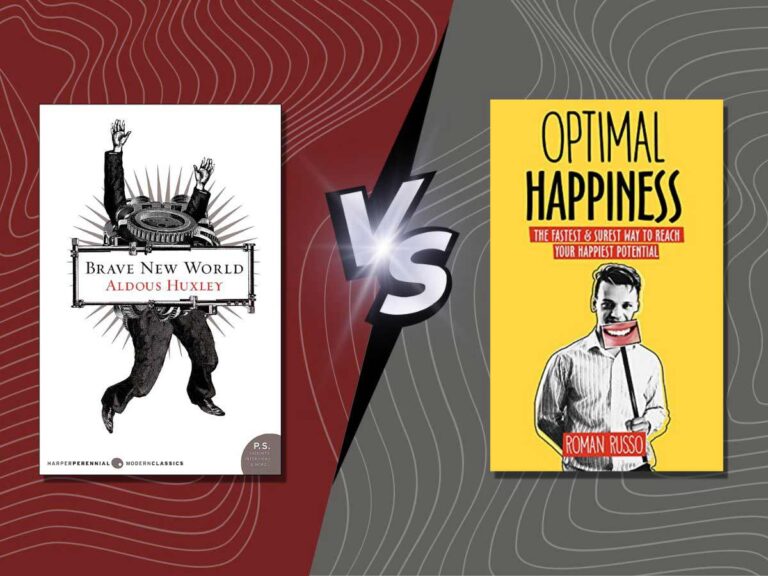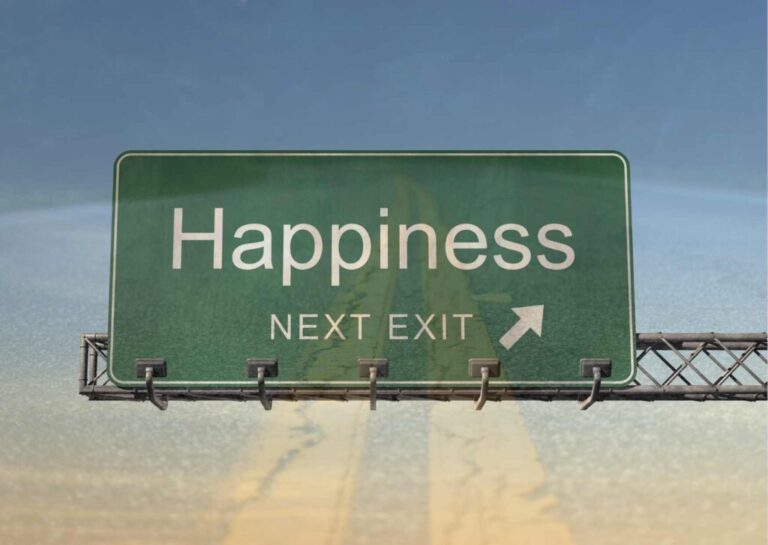
TikTok is finally about to be banned in the USA as politicians are trying to sneak in legislation by hiding it within a bill that provides war support efforts in Ukraine and Israel.
Naturally, some people like TikTok while others don’t. However, if there is anything these politicians can agree on, it is how much they hate social media, especially TikTok, using the urgency of war to fast-track the ban of TikTok sooner rather than later.
It’s a classical tactic, where no one can agree on anything unless they are getting something back in return. “I’ll support your vote,” they say “if you support mine,” creating ever-growing political and social divisions among those who support left and right parties, with a standard response being “no” to whatever someone else wants unless something is offered in return.
It is a losing tactic, of course, especially in the long run for both sides, with some people calling it a political game.
However, we need to remember that politics are not a buffet where we can cherry-pick what we want and don’t want, or at least it shouldn’t be. We can’t just say, “I don’t want illegal immigrants, but please keep everything else,” as this is unrealistic. Unfortunately, that’s how many people think.
As such, we are asking for changes in parts of life that are most relevant to us right now, but we forget that we don’t live in a bubble. While we might be accepting something given to us with one hand, we might be losing something else taken away with the other hand.
For example, I remember an incident that occurred at the beginning of 2017 Trump’s presidency when he implemented a controversial nationwide “Muslim ban,” preventing people from six Muslim-majority countries from entering US territory. During this tumultuous time, one family who had voted for Trump was prevented from returning home to the US. In an interview, they stated that despite voting for Trump and being aware of his controversial views, they never expected to be directly affected by his policies. “We thought that this would affect someone else” they said “and never thought it would affect us directly.”
Ultimately, we shouldn’t vote for our leaders simply because they support one issue over another, while at the same time, they promote a whole host of other issues that we don’t necessarily agree on.
Take, for example, abortion, which is often discussed separately, which is a moral and ethical issue, which hasn’t been resolved because for politicians, it’s become a political issue as well. Realistically, if everyone agreed, it wouldn’t have any political value. Unfortunately, people often overlook others’ human rights in favor of personal agendas. This is why the issue of abortion is likely here to stay, at least for the foreseeable future.
In this way, whether we are talking about TikTok, war in Ukraine and Israel, illegal immigration, the “Muslim ban,” or abortion, we can have different views on all these issues. However, politics is not a buffet, so when we vote for liberals or conservatives, left or right, Biden or Trump, we should remember that we are voting for one person and one party that will ultimately promote their position on all these topics.
As such, instead of focusing on any specific one point that we like about our candidates, we should consider a whole set of pros and cons of whatever both sides are offering, while thinking about what kind of world we ideally want to live in.
Hopefully, one person’s vision for this future will be better than others, and we can progressively push forward towards a version of utopia we can all be proud of.















5 thoughts on “Politics Is No Buffet Where We Cherry-Pick What We Like”
The root problem with a stated goal of Utopia is that everyone has a different view of what that looks like.
Utopia for you may look like bondage for me.
If we choose the definition that ‘most’ agree on then we have reverted to mob rule.
People don’t know what Utopia is. Is this a Utopia with God or without God.
That in itself will keep the division and never let either side’s version be realized with conquest of the other’s view and subjugation.
Let’s start with the golden rule and treat others with different views as we would have them treat us and make a pact to seek love and peace with respect to real differences in what Utopia looks like.
Marxist and communist regimes have always had a version of Utopia to sell and they have always seen their progressive views advanced by coercion and violence. Always.
It’s a great point, Joshua, but one that I want to contest in line with Greek philosophical debate. Indeed, we might have two different points of view regarding utopia, but we can and should discuss this point, as it is likely that we can find the truth. After all, utopia is a noble goal, and we should start with the end in mind, not just do whatever, as this leads to even worse results. Specifically, how I see utopia is not defined from top down, where leaders tell us what we should do and we blindly follow, as this is a more authoritarian point of view, not a utopian one. I see it more like an open source project, where people can contribute to the discussion, as long as they do it from an educated point of view. Some people may claim that killing is good, while others claim it is bad. So which point of view is true? My point of view is that of the greatest happiness for the greatest number, and I say this in terms of a balance between short and long-term happiness, giving preference towards the former. Now, do I think I’m right and you are wrong, or something silly like that? I’m sure that you are the hero of your story, so you give preference to your own point of view, and so does everyone else. So, generally speaking, I hope we can find an agreement between logic, debate, and the search for higher well-being that has to be defined and agreed upon in order to have something to aim at. After all, what I see right now is a messy society where people all scream “don’t tell me what to do” and “what gives you the right to limit my rights?” However, going too far in the direction of “freedom” leads to a sort of anarchy, while overcontrolling leads to a dictatorship, so I guess the truth is somewhere in the middle. This topic could be another blog post or even a book, and it might as well become one!
PS: I appreciate the fact that you took the time and energy to express yourself in two different blog posts. Thank you for that, as I value meaningful discussion.
Thank you, Roman.
Would you agree that an infant development elops
I apologize. Phone flip gone bad.
An infant develops cephalocaudal. From head to toe. So does utopia in a man’s mind.
If a man is the final arbitrator of truth. I’m out. Man cannot even define ‘truth’ apart from God.
Gods word is Truth. Jesus Christ is Truth and life. Apart from Him we are deciding who makes the better mud pie and voting my mob rule on what truth is.
Look at the state of ‘scientific consensus’ to day and I will rest my case.
Thank you for the thoughtful response. I’m no hero. Ask my wife!
But, I am a child of God, and do know whom I can rely on to be truthful with me.
It is indeed an interesting perspective that God is the highest truth. However, we can’t just leave it all in the hands of God, as God helps those who help themselves. As such, by default, we don’t know the plan of God, but we know the laws of nature. We know psychology, sociology, philosophy, and other studies of mankind.
I argue that we should take what we know and work with it. We should plan for an ideal scenario because without a map of where we should be going (towards utopia), we will end up going just about everywhere else. This is indeed what is happening right now, which is why so many people are depressed, lost, and have given up on trying to fix it.
Let me provide a different example. In my book “Optimal Happiness,” I found a formula for happiness that anyone can apply to their lives and make significant improvements. This formula is known by very few, and most people are suffering unnecessarily when there is already a working solution. Society hasn’t come up with a workable model for happiness, which is why we are experiencing something resembling a dystopia today.
Similarly, I argue that since we didn’t have a formula for happiness and now we have one, we can also create a formula for utopia based on the principles of happiness and well-being.
This formula does take God into consideration, but it is only one part of the formula. Let’s not forget about everything else that is within our hands, meaning that it is our responsibility.
PS: Wife is God (lol), best wishes to you and her.